Doctor John Mayhew joins the Heart Saver campaign in an effort to make more AEDs available for everyday Kiwis
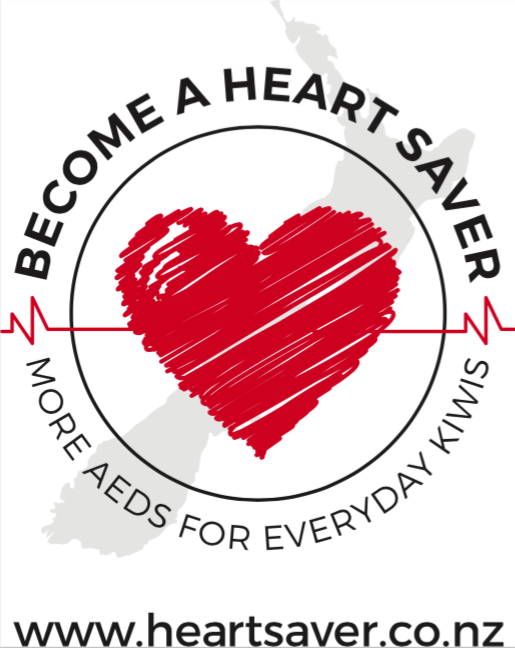
In April last year, Warriors doctor and former All Blacks doctor John Mayhew was fighting for his life in hospital. He’d suffered from a sudden cardiac arrest while working out at his local gym, which left him in an induced coma for four days, surrounded by frightened family.
It was only the quick thinking of a fellow gym-goer that saved his life: someone raced to the medical centre nearby to grab an AED – an automated external defibrillator. He hears they ripped off his shirt, on the floor of the gym, applied the pads, followed the instructions and resuscitated him with two hearty shocks.
“After three days in a coma I woke up in a very surprised state in intensive care, to be told by the nurse what had happened. From my medical knowledge, I realise just how lucky I was to have been resuscitated,” says Mayhew. “The AED used on me was from the local medical centre 300m down the road – there wasn’t one at the gym. I resolved this by buying an AED for them as soon as I could, realising the absolute need for them in as many places as possible.”
The AED is what saved his life, and now he is on a mission to make sure there are more of them available to everyday Kiwis.
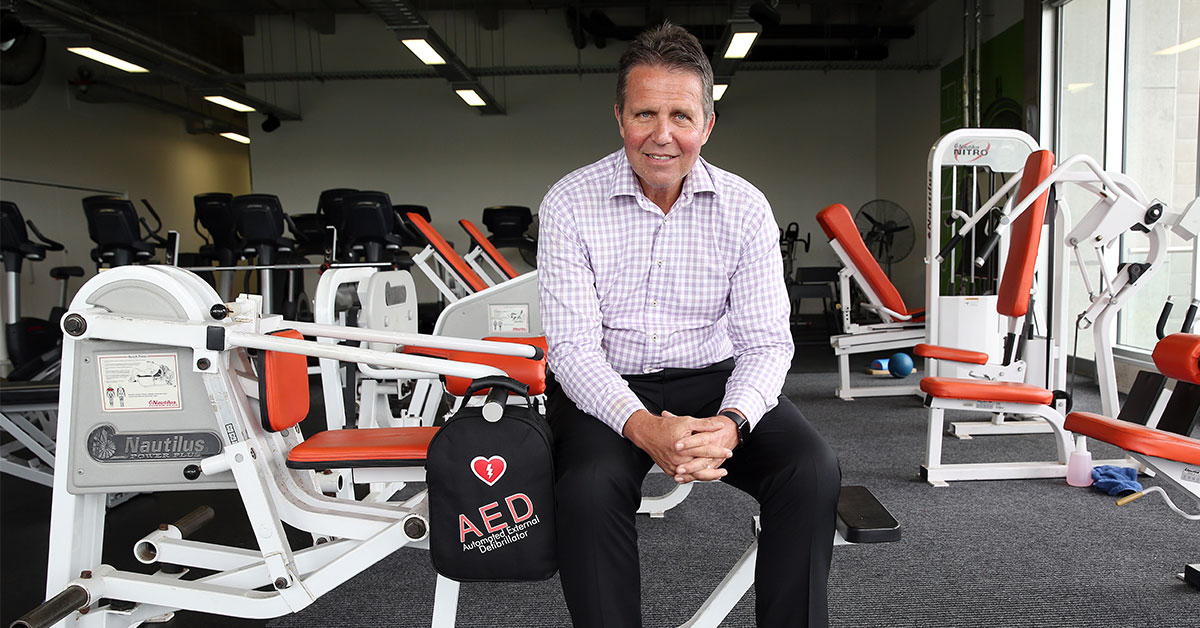 Today, Dr John Mayhew announces his part in the Heart Saver campaign. For the next 12 months, the Heart Saver campaign will be giving away an AED each month to a community group, sports group, school or organisation who deserves it. Groups will be able to enter online at www.heartsaver.co.nz and winners will be chosen the month following by a team of judges, including Dr John Mayhew.
Today, Dr John Mayhew announces his part in the Heart Saver campaign. For the next 12 months, the Heart Saver campaign will be giving away an AED each month to a community group, sports group, school or organisation who deserves it. Groups will be able to enter online at www.heartsaver.co.nz and winners will be chosen the month following by a team of judges, including Dr John Mayhew.
“Sudden cardiac arrest affects five New Zealanders a day. It’s the leading cause of death in New Zealand, killing four times that of the national road toll,” Dr Mayhew says. “The scary thing is, sudden cardiac arrest can happen to anyone, at any time, with no warning. I was a pretty fit and healthy guy – I would run once a week and regularly go to the gym. You just can’t predict who it will happen to.”
An AED, in conjunction with CPR, is what will give you the best possible chance of survival from a sudden cardiac arrest. Best practice standards say we should have 10,000 AEDs in New Zealand – currently we have 6000, a number Dr John Mayhew is out to change in his ambassador role with the Heart Saver campaign.
Since his near-death experience, Mayhew has purchased three AEDs, for the boot of his car and his practices, and encouraged more than five friends to do the same. Now he’s asking other New Zealanders to do the same.
“Why would you take the risk of not having one?” says Mayhew. “If you are a school, sports club, recreational club, workplace or a public place where lots of people go, you should look at investing in an AED. It could be the difference between saving someone’s life or not.”
“For the best chance of survival, you need to use an AED on a patient within four minutes of them going into sudden cardiac arrest, so you want one about a four-minute round trip away,” says Heart Saver managing director, experience volunteer fire-fighter and EMT, Mike Mander. It takes around nine minutes for an ambulance to arrive in most cases. You can find your nearest AED using the free AED Locations app.
“The best thing is, anyone can use an AED – you don’t have to be medically qualified. You just have to know where your nearest one is and get it to your patient as quickly as possible,” says Mander. “We just need more of them available.”
ABOUT AEDs
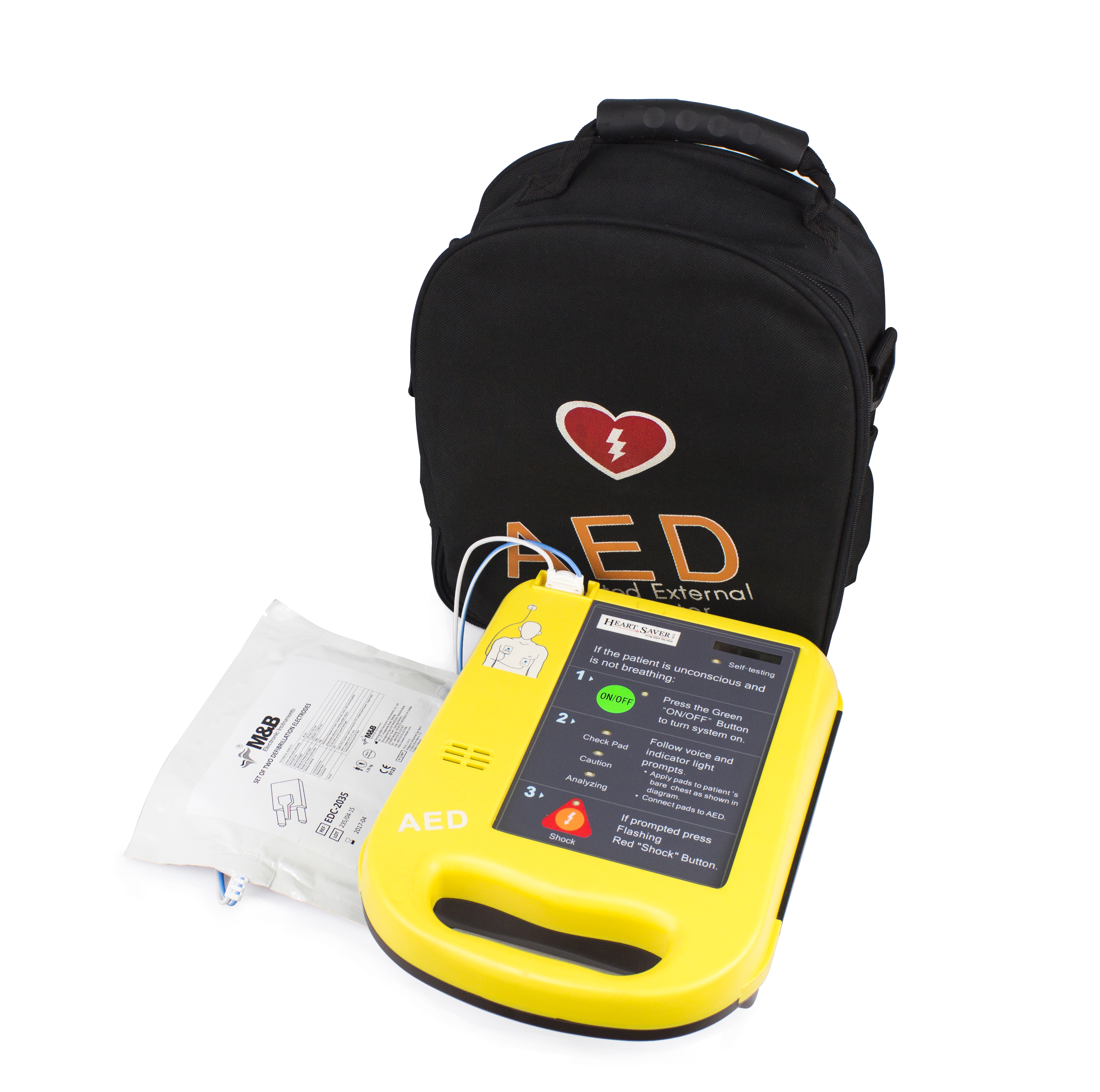 An AED (automated external defibrillator) is a portable medical device that can automatically assess a patient’s heart rhythm. It judges whether defibrillation is needed and, if required, administers an electric shock through the chest wall to the heart. AEDs produce voice or visual prompts to guide the user through the rescue process and can be operated by anyone. They will not shock unless the patient is in cardiac arrest. AEDs start at around $1700+GST.
An AED (automated external defibrillator) is a portable medical device that can automatically assess a patient’s heart rhythm. It judges whether defibrillation is needed and, if required, administers an electric shock through the chest wall to the heart. AEDs produce voice or visual prompts to guide the user through the rescue process and can be operated by anyone. They will not shock unless the patient is in cardiac arrest. AEDs start at around $1700+GST.
ABOUT THE HEART SAVER CAMPAIGN
As part of the Heart Saver campaign, which aims to get more AEDs available to everyday Kiwis, Heart Saver will be giving one AED away each month for the next year. Community groups, schools, recreational clubs, sports clubs and other community organisations can enter at www.heartsaver.co.nz. A recipient will be chosen by judges, including John Mayhew, the month following and groups can enter as many consecutive months as they like.
STATS AROUND SUDDEN CARDIAC ARREST IN NZ
- Sudden cardiac arrest is the leading cause of death in adult New Zealanders
- 5 Kiwis suffer from a sudden cardiac arrest every day. It kills approximately 1500 people every year – that’s 5x the national road toll
- 75% of patients will survive if an AED is used within 3-5 minutes
- Applying CPR and quick defibrillation can increase chance of survival by up to 40%
- Of those who arrested in public, 60% had CPR performed by a bystander – only 6% had an AED used on them – we need more AEDs available!
- NZ has around 6000 AEDS – we need 10,000 to be at world best practice.
(Thanks to St John for the research in the cardiac arrest report 2015/6.)
For more information on the Heart Saver campaign, sudden cardiac arrest or AEDs, please contact Debbie on 021 855 230 or deb@casualfridays.co.nz







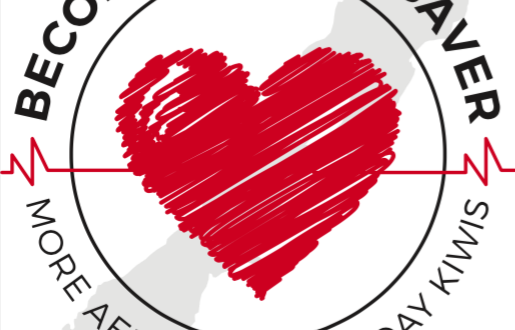
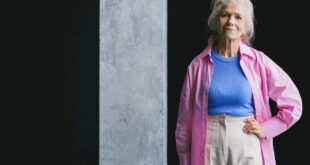
Join the Discussion
Type out your comment here:
You must be logged in to post a comment.